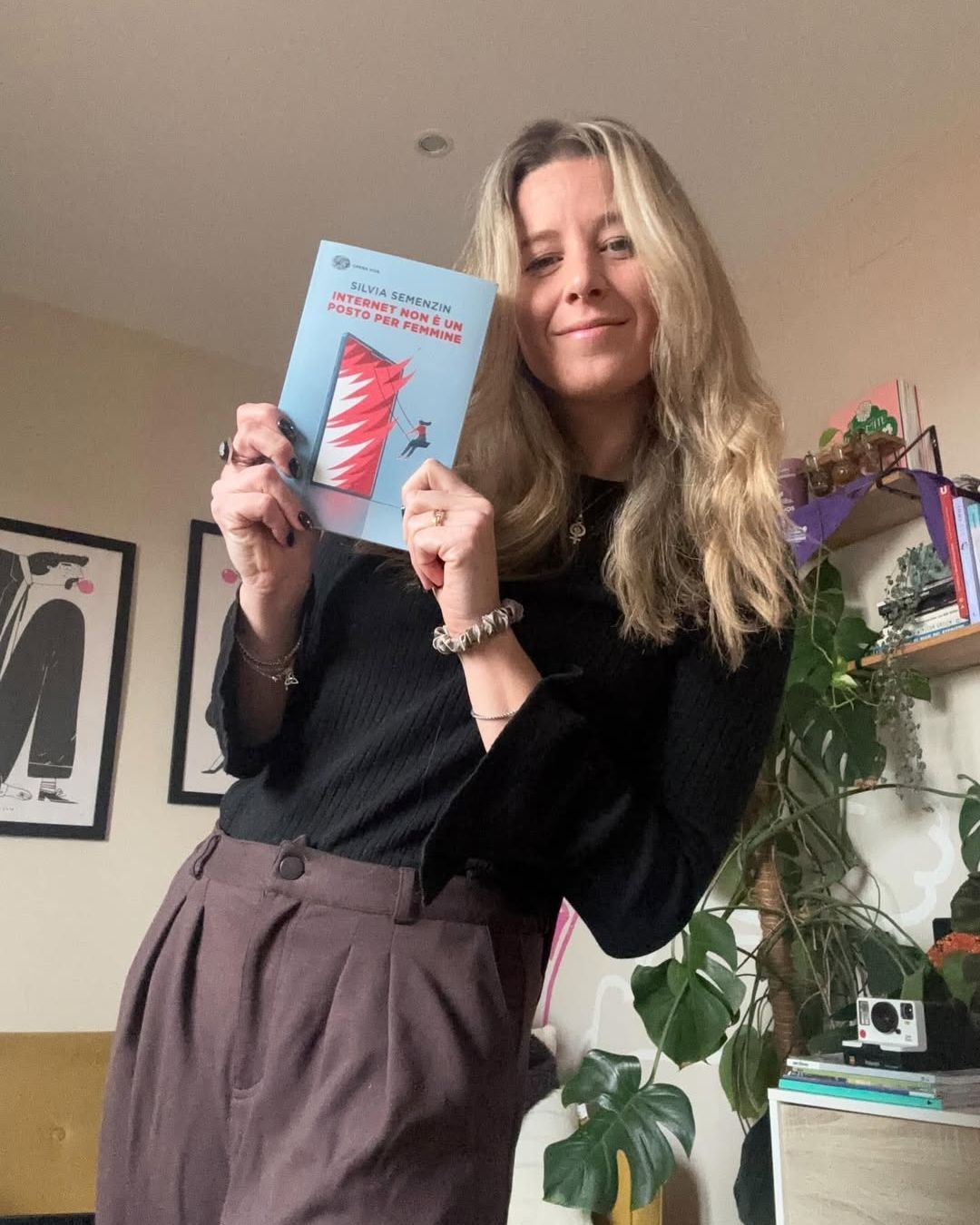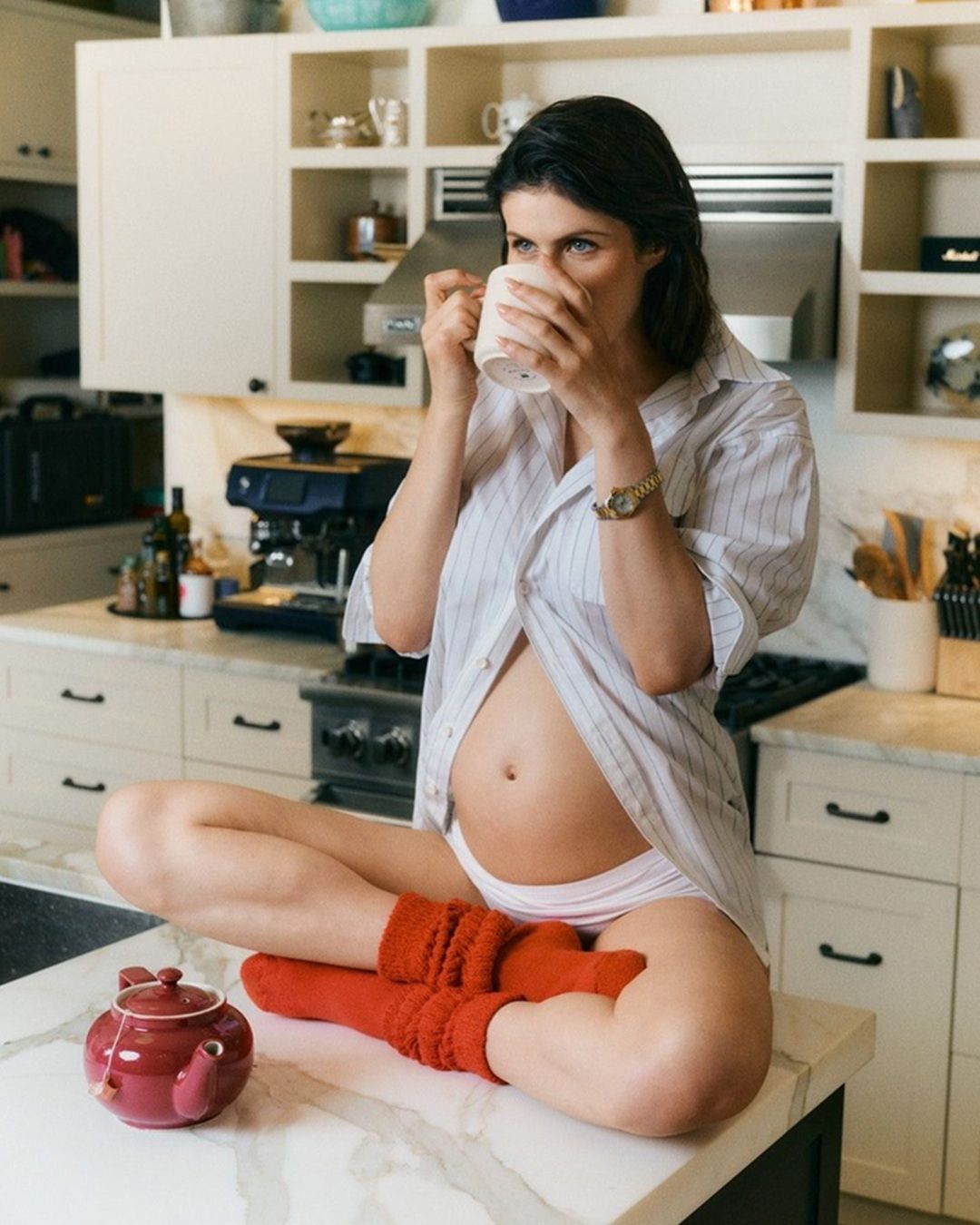
In Italy, being working mothers is almost impossibile Why are they inviting us to make children, then?
Here we are again, discussing family and motherhood in Italy, juxtaposing two main factions that couldn't be further apart. The first comprises Eugenia Roccella, Giorgia Meloni, and Lavinia Mennuni, along with all those who agree with them. These women, supported by like-minded men, strongly encourage other women to procreate early and abundantly, vehemently oppose abortion on stages across Italy, portray women as warriors on the frontline, and diminish female solidarity unless it's among mothers. On the other side of the divide lies reality. The grim reality of a nation where aid to young families and mothers is inadequate or non-existent, where the VAT on infant products has increased and prices are prohibitive, where mothers - if they choose to be mothers - can only be that, and if they're not, they'll still face difficulties because positions of power belong to men and because they'll earn less in any case, or almost.
Data on Female Unemployment
Adding to this cruel reality are the latest figures on female unemployment. According to those gathered by the Chamber of Deputies and presented in December 2023, for instance: "In the European context, the female employment rate in Italy is - according to data for the fourth quarter of 2022 - the lowest among the European Union countries, being about 14 percentage points below the EU average: the employment rate of women aged between 20 and 64 years was, in fact, 55 percent, while the EU average employment rate was 69.3 percent." Let's delve a bit deeper. Eurostat adds that in 2022, in the age group 25-54, the employment rate for mothers with one child was 63%, while for fathers it was 90%. With two children, the numbers dropped further to 56%. It's no wonder then that 2022 saw the lowest birth rate in Italy. How could it be otherwise? Will the bonuses for mothers provided by the 2024 family package be enough to plug a significant gap?
Are motherhood and education levels connected?
Taking a further look at the data, and factoring in another variable, things become even clearer. According to Eurostat tables, it's not just age and number of children that count, but also education level. Among women with a child, graduates work for 82%, while those with a middle school education stop at 42%. In the case of mothers with three or more children who have a degree, we're talking about 77%, while the number drops to 21% if the educational level is reduced to middle school. The employment rate naturally rises if we talk about women without children who are also graduates. In this case, it's 79%. Is it really so difficult to understand why? If a young mother wanted to study as well, for example, would she find the time, resources, and assistance she needs? Many questions, and the answers aren't exactly comforting, if we have to rely on what we see around us every day.
Motherhood and Work: A General Reflection
In this fierce battle between heartfelt invitations and reality, between will and numbers, between ideology and statistics, what we can draw from it is a general reflection. Is it truly impossible, as a nation, as a society, and as a community, to build a world where every woman can choose for herself whether she wants to start a family or not, whether she wants to get married or not, whether she wants children and how many she wants, without slipping into ideological or protest positions? Is there also a political reality in which motherhood does not have to damage any other aspect of a woman's life, including and not excluding her strength, her independence, her feminism, and her freedom? Perhaps, our efforts as individuals and as a country should go in this direction: ensuring that those who want it have the right to be parents, and those who don't want it have the right not to be.

























































